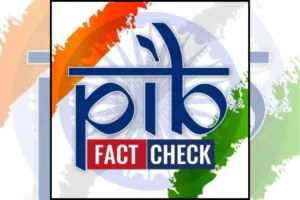
Google Vs European Union
Google is the biggest AdTech company who is getting a major part of its revenue from advertising. Hence, they are able to provide various services like google maps, search engine, Android etc. Google has a certain level of monopoly in the field of AdTech. Due to the same monopoly, the tech giant is now facing charges from European Union (EU). As the EU charged the tech giant with violating antitrust laws of EU. The company is accused of using its power in the field to lower the prices of the services in the market.
This is the fourth time in recent years that Google has been accused of breaking European antitrust laws; the lawsuit was launched by the European Commission, the executive arm of the 27-nation European Union. The European Union charged Google in this case with abusing its monopoly over the market for purchasing and selling online advertising.
European Union is not the only one to charge Google in the case
EU is not the only organization who is charging the technology company in the case. Similar charges were put up against the tech giant in in January by the U.S. Justice Department, which accused the company of illegally abusing a monopoly over the technology that powers online advertising.
In addition to this, Britain is also investigating about Google’s advertising practices. These cases can severely impact Alphabet that is parent company of Google. It is to be noted that Alphabet generated $60 billion of profit in the last financial year from just advertising.
Also Read: A Women Of Indian-Origin Stabbed To Death In UK
EU expressed its concerns
“Google is present at almost all levels of the so-called adtech supply chain,” Margrethe Vestager, the executive vice president of the European Commission who oversees digital and competition policy, said in a statement. “Our preliminary concern is that Google may have used its market position to favor its own intermediation services.”
“Not only did this possibly harm Google’s competitors but also publishers’ interests, while also increasing advertisers’ costs,” she added.
To read more such news, download Bharat Express news apps





















